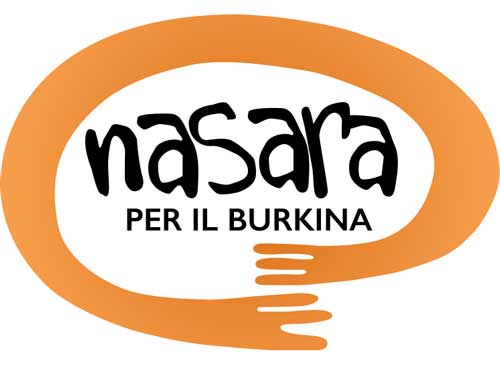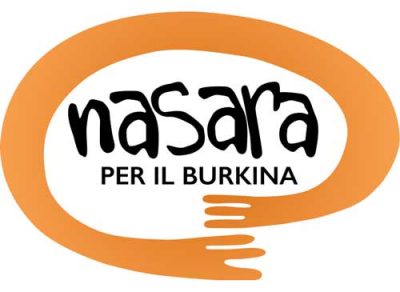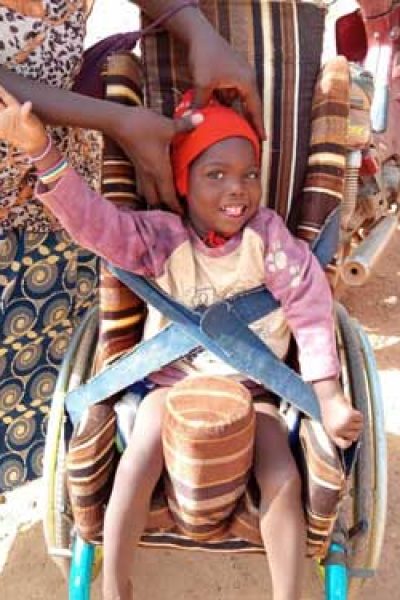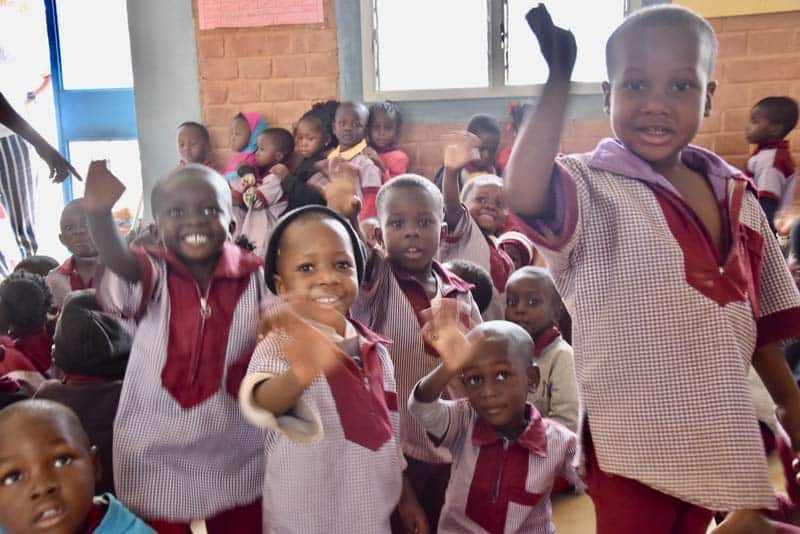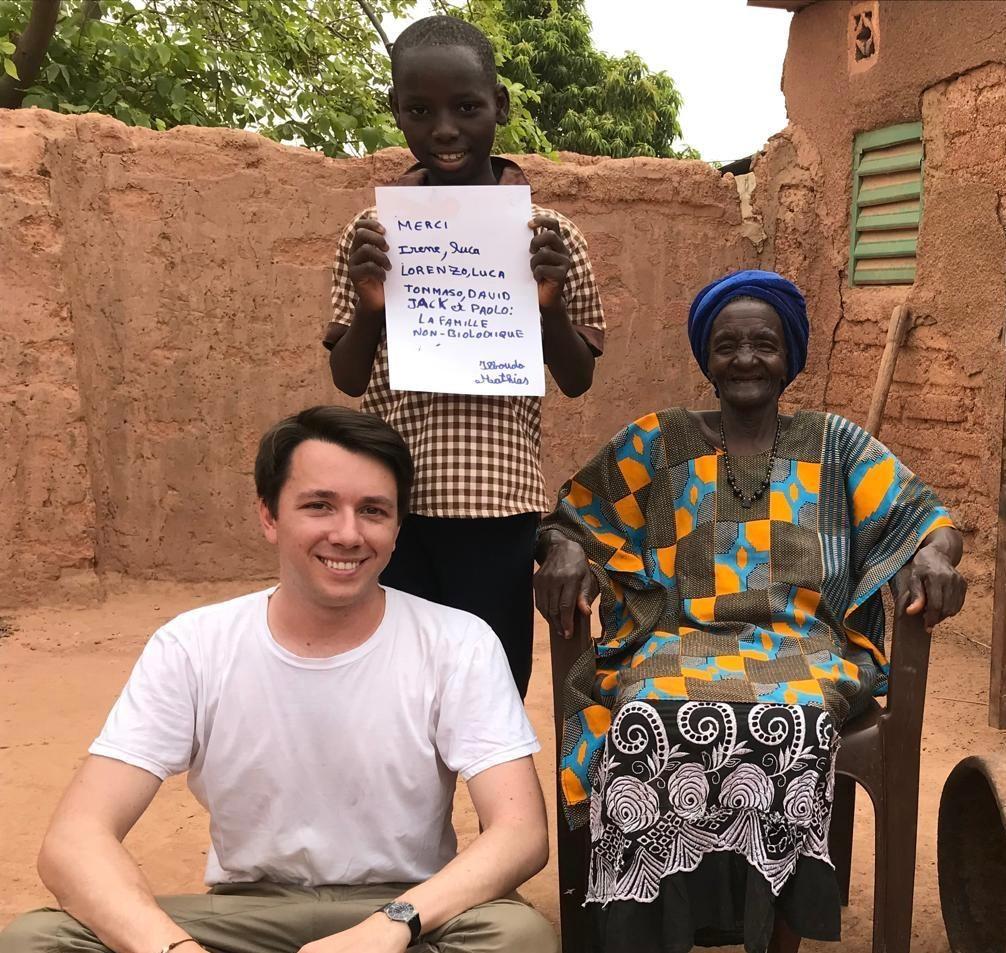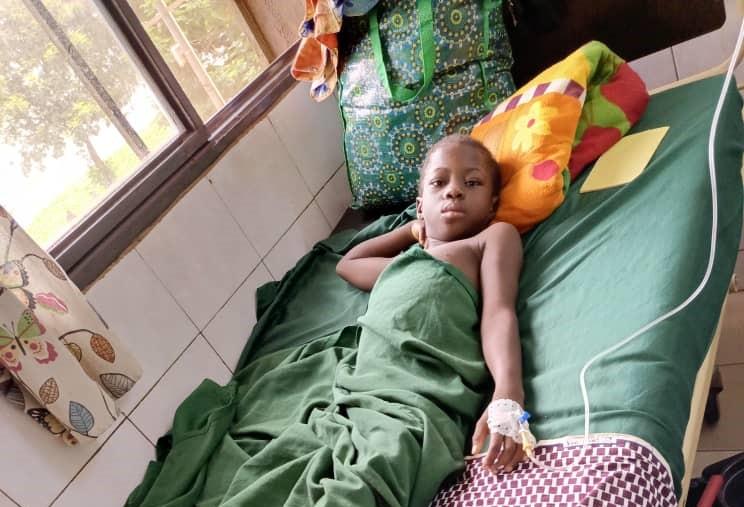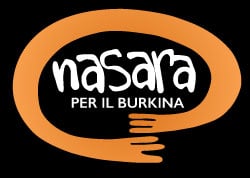Display material: Poster – Leaflet – Invitation
| Project title | Creation of a tailor’s shop for HIV-positive girls |
| Proponents | The proposers are:
|
| Motivations | Burkina Faso, located in central Africa, is considered by all international organisations to be one of the poorest countries in the world with an average per capita income of around $1,000 per year. The 2002 United Nations World Development Report placed Burkina in 170th place out of 174 countries for the level of human resource development.
In this context of absolute poverty and misinformation, many people fall ill with many diseases, some of which are even incurable, such as AIDS, which has a very high prevalence rate: the government’s optimistic estimates say that AIDS is widespread in 6-7% of the population, while the estimates of humanitarian organisations speak of 15-20% of the population. Public health care is fee-paying, and for the majority of the population it is impossible to cope economically with even a moderately serious illness; the few people who manage to start the treatment they need, very often cannot finish it for lack of money. The difficulties multiply disproportionately when one moves from the big cities to remote villages in the savannah from which it is very difficult to reach the hospitals located in the few big cities. In this context of health emergency, many non-governmental organisations, both religious and non-religious, have been operating for years. They have built and run a number of hospitals that complement the public health system. One of these hospitals is the CANDAF in Ouagadougou, the capital of Burkina Faso, which in just a few years has become one of the most important hospitals in the whole of central Africa because it is the only one that receives and treats free of charge AIDS patients who come from all the neighbouring countries without any distinction of religious belief or social condition. Many sick people come to this facility, even those in desperate conditions, and many HIV-positive people who, once their condition is discovered, do not know how to cope with the long and expensive treatment. Some of the patients who come to the centre spend many years of their lives battling the disease with little chance of continuing to work or finding a new job away from home. Even when they are discharged from the centre, they have to continue their treatment and reintegration into the productive environment is problematic. |
| Goals | The aim of the project is to help some HIV-positive women find new employment that can make them economically independent.
In particular, the project aims to – Rent and renovate a wooden shack in a commercial street on the outskirts of the capital where they can set up a tailor’s shop – set up the workshop with a couple of sewing machines, a table and all working tools – build up a small stock of fabrics to start the tailoring business |
| Target audience | Odile is a 21-year-old girl living in a village near the capital; she has been HIV positive since she was 15. At first, her family did not have the money to treat her at home, but did not want to hospitalise her for reasons of image; it was only thanks to the insistence of some religious that she was taken to CANDAF, the centre for AIDS patients.
After many years of treatment Odine is better, she has left her poor family and has become one of the ‘angels of charity’, as the young volunteers of the hospital centre are called, who twice a week go to the suburbs of the capital to treat at home many patients who cannot be transported. Like many young people who have passed through the centre, Odine lives with money from small jobs, but above all she lives helped by the religious who support her financially. Odine, like other of her friends and fellow sufferers, has attended a tailoring school and has a dream: to open her own tailoring workshop that would allow her an economic income and thus independence. |
| Activities | The project consists of the following phases
– identification of the premises and rental of the same – renovation of the workshop with the collaboration of volunteers from the CANDAF centre – purchase of equipment and setting up the workshop – purchase of fabrics and start of activities – promotion of the new activity among local communities – assistance for the initial phase of activities |
| Expected results | Within six to eight months from the start of activities, it is expected to achieve full economic sustainability of the tailoring business.
Two people will be initially involved in the workshop. If, as we all hope, the initiative is successful, the tailoring workshop in Odine could become a model of development to be imitated and other women could be helped to set up other workshops in other parts of the city or even better in their home villages. |
| Period and location | The project will take place between October and December 2006 and will end in any case by spring 2007 with the opening of the tailor’s shop.
A period of coaching and assistance is envisaged for the six months following the opening. All activities will be carried out in the capital Ouagadougou. |
| Partners | The project has joined:
|
| For further information | For further information please contact:
‘AIPIA’ Association Together for Abandoned Children, Pietrasanta (LU) Simonetta Avesani 333.2634715 “Nasara – for Burkina”, 58014 Manciano (GR) www.nasaraonlus.org Enrico Sonno 335.7153803 [encode_email email=”info@nasaraonlus.org” display=”info@nasaraonlus.org”] |
